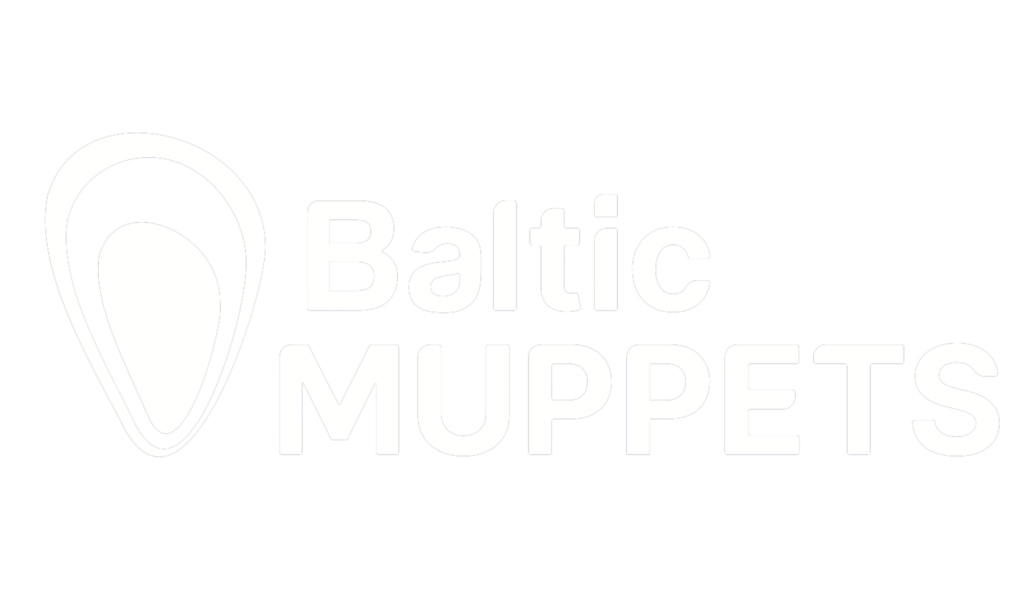In order to allow for a bit more time after the holidays to apply to the Baltic MUPPETS Innovation Call, we have extended the application deadline until 28th of January 2025!
So, if you have a good idea solving any of the challenges presented, or know someone who might be suitable, it is still not too late to apply and promote the opportunity!
Also, there is one more Q&A opportunity coming up on the 14th of January, 11:30 CET. This is the last change to get answers to any questions you have about the call, and maximise your chances for a successful application.
